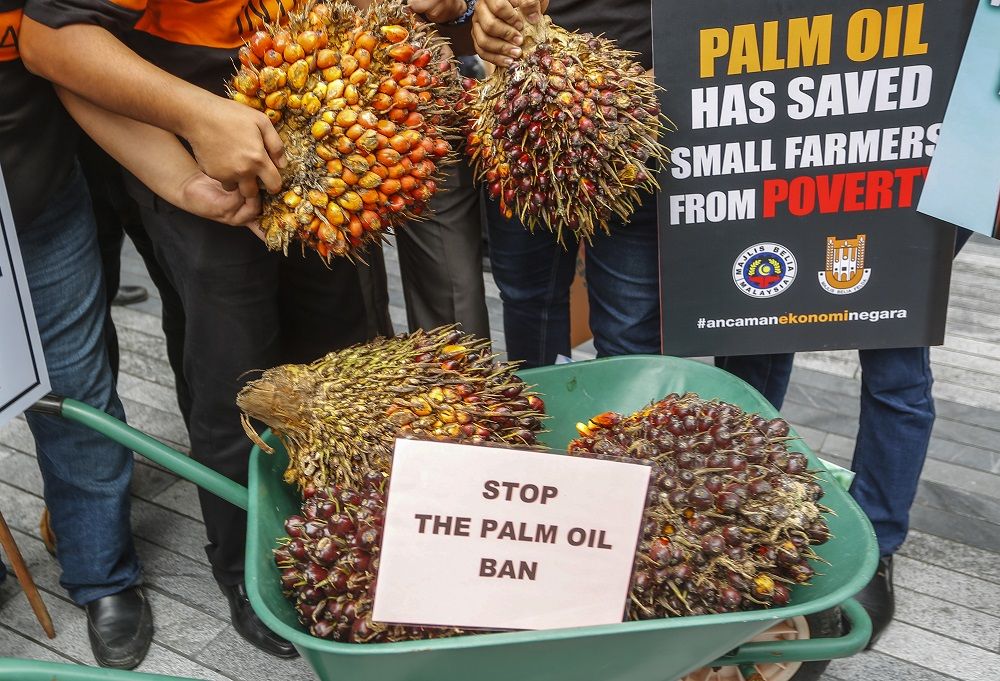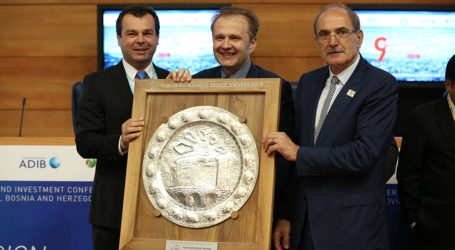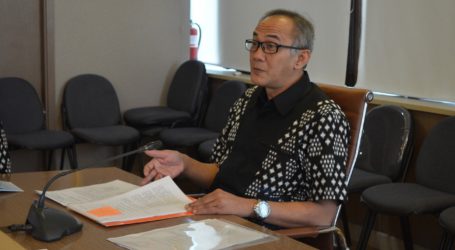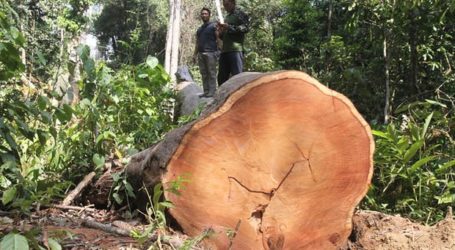Thailand Joins Malaysia, Indonesia in Fight against EU’s Proposed Palm Oil Ban


Kuala Lumpur, MINA – Thailand the world’s third-largest palm oil producer, will work with Malaysia and Indonesia to reject the European Union’s executive decision to adopt trade barrier against palm oil as part of its official legislation.The Malaysian Insight reported Monday.
Plantation Industries and Commodities Minister Mah Siew Keong, after a meeting with Thai Commerce Minister Sontirat Sontijirawong in Kuala Lumpur, said Thailand’s move proved major palm oil producing countries were committed to fighting against prejudice and oppression by the EU concerning the commodity.
“Thailand’s commitment also proves that Malaysia is not alone in protecting the interests of three million smallholders in ASEAN, and the campaign against the EU resolution is gaining support from other palm oil producing countries,” he said in a statement.
Thailand produced almost 2.5 million tonnes of palm oil last year.
Mah said ASEAN’s major oil palm producing countries – Indonesia, Malaysia and Thailand – would use all their available resources to oppose the trade barrier by the EU Parliament, including through the ASEAN framework.
During the closed-door meeting, which also included high-ranking executives from both ministries, issues related to rubber were also discussed, focusing on steps to stabilise global rubber prices, Mah said.
Mah gave an assurance that Malaysia would honour the rubber export quota in accordance with the Agreed Export Tonnage Scheme made during the International Rubber Tripartite Countries (IRTC) on December 22, last year.
He said the three IRTC countries also agreed to limit the export of natural rubber to 350,000 tonnes for the first three months of this year.
“The readiness of IRTC countries in obliging the stated quota is important in ensuring this mechanism will have a positive impact on global natural rubber prices,” he said. (T/RS5/RS1)
Mi’raj Islamic News Agency (MINA)






